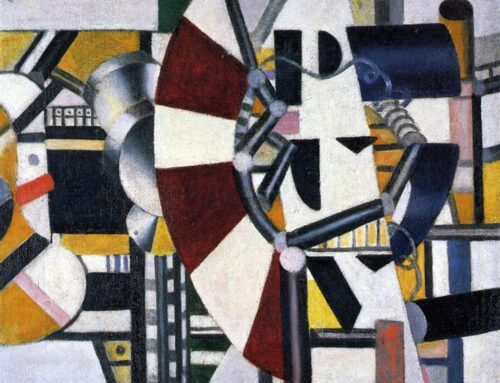Doubting wisely to achieve soundness of mind and body: we are ignorant of our own biases, which rely on others’ opinions to our detriment.
Our minds work only upon faith, when bound and compelled to follow the appetite of another’s fancy, enslaved and captivated under the authority of another’s instruction; we have been so subjected to the trammel, that we have no free, nor natural pace of our own; our own vigour and liberty are extinct and gone:
Nunquam tutelae suae fiunt.
[“They are ever in wardship.”—Seneca, Ep., 33.]
I was privately carried at Pisa to see a very honest man, but so great an Aristotelian, that his most usual thesis was: “That the touchstone and square of all solid imagination, and of all truth, was an absolute conformity to Aristotle’s doctrine; and that all besides was nothing but inanity and chimera; for that he had seen all, and said all.” A position, that for having been a little too injuriously and broadly interpreted, brought him once and long kept him in great danger of the Inquisition at Rome.
Let him make him examine and thoroughly sift everything he reads, and lodge nothing in his fancy upon simple authority and upon trust. Aristotle’s principles will then be no more principles to him, than those of Epicurus and the Stoics: let this diversity of opinions be propounded to, and laid before him; he will himself choose, if he be able; if not, he will remain in doubt.
Che non men che saver, dubbiar m’ aggrata.
[“I love to doubt, as well as to know.”—Dante, Inferno, xi. 93]
for, if he embrace the opinions of Xenophon and Plato, by his own reason, they will no more be theirs, but become his own. Only the fools are certain and assured….
The soul that lodges philosophy, ought to be of such a constitution of health, as to render the body in like manner healthful too; she ought to make her tranquillity and satisfaction shine so as to appear without, and her contentment ought to fashion the outward behaviour to her own mold, and consequently to fortify it with a graceful confidence, an active and joyous bearing, and a serene and contented countenance.
Michel de Montaigne, “On the Education of Children”, trans. Charles Cotton, revised






Leave A Comment